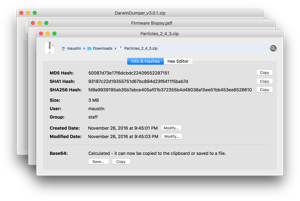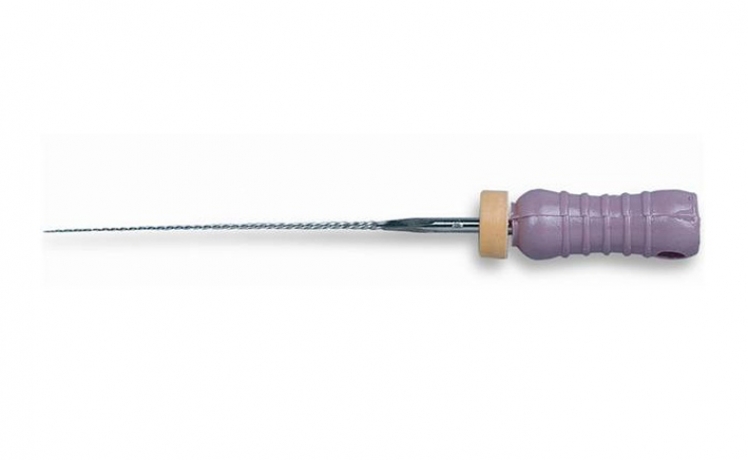

If the current file offset is at or past the end of file, no bytes are read, and. On files that support seeking, the read operation commences at the current file offset, and the file offset is incremented by the number of bytes read. Multiple flags may be set by a single operation. read () attempts to read up to count bytes from file descriptor fd into the buffer starting at buf. When set, the integrity of the stream may have been affected. The construction of sentry failed (such as when the stream state was not good before the call).Įrror on stream (such as when this function catches an exception thrown by an internal operation). No character could be peeked because the input sequence has no characters available (end-of-file reached). If there are no more characters to read in the input sequence, or if any internal state flags is set, the function returns the end-of-file value ( EOF), and leaves the proper internal state flags set: The next character in the input sequence, as a value of type int. Then (if good), it reads one character from its associated stream buffer object by calling its member function sgetc, and finally destroys the sentry object before returning.Ĭalling this function sets the value returned by gcount to zero. Internally, the function accesses the input sequence by first constructing a sentry object (with noskipws set to true). If any internal state flags is already set before the call or is set during the call, the function returns the end-of-file value ( EOF).
#C file peek c software
This module is free software you can redistribute it or modify it under the same terms as Perl itself.Returns the next character in the input sequence, without extracting it: The character is left as the next character to be extracted from the stream. Respondent Gaia shall pay civil penalties of 2,000,000 to the Securities and Exchange Commission for transfer to the general fund of the United States Treasury, subject to Exchange Act Section 21F(g)(3).
#C file peek c archive
My ( $filename, $contents ) = ATTRIBUTES filenameĬontains the name of the archive file to use. Respondent Gaia shall comply with the undertakings enumerated in Paragraphs 29 and 30, above. and write our own module in C because it gives us a very interesting peek at. Iterate over all the files in the archive: $peek->iterate( It makes sense to rewrite the function that analyzes the audio file in C. Returns the contents of a file in the archive: my $contents = $peek->file('README.txt') iterate


Returns the files in the archive: my = $peek->files() file The recv () function takes the following arguments: socket. It is normally used with connected sockets because it does not permit the application to retrieve the source address of received data. The constructor takes the filename of the archive to peek into: my $peek = Archive::Peek::Libarchive->new( filename => 'archive.tgz' ) files The function peek() is used with input streams, and returns the next character in the stream or EOF if the end of file is read. The recv () function shall receive a message from a connection-mode or connectionless-mode socket. Screenshot: Scenario when this would be used When you need to preview the contents of an CSV or XLSX file using Peek. In Peek its showing the details of the CSV file instead of previewing its content. It supports many different archive formats and compression algorithms and is fast. When using file explorer with the Preview Pane Window it is already possible to preview CSV or XLSX files. This is a wrapper to the libarchive C library (), which you must have installed (libarchive-dev package for Debian/Ubuntu). This module lets you peek into archives without extracting them. My ( $filename, $contents ) = DESCRIPTION My $peek = Archive::Peek::Libarchive->new( filename => 'archive.tgz' ) peek () was created for a different purpose - it's there to let your program process two characters at a time - essentially emulating ungetc () functionality from the portion of the library based on the C standard library. Archive::Peek::Libarchive - Peek into archives without extracting them (using libarchive) SYNOPSIS use Archive::Peek::Libarchive But I have also read about a function called peek () which is also used for such purposes.


 0 kommentar(er)
0 kommentar(er)
